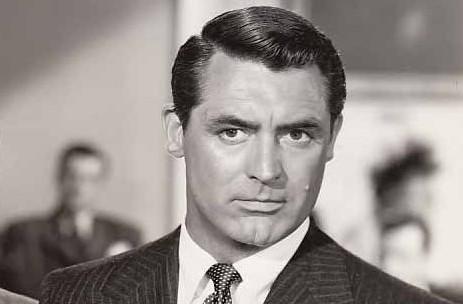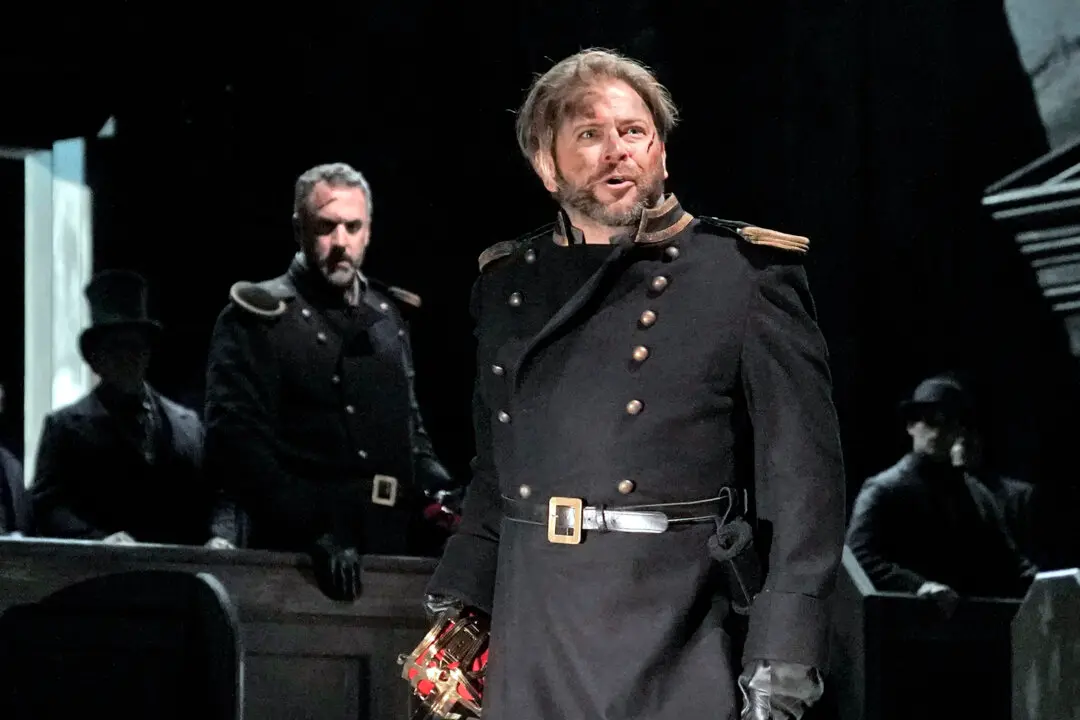Commentary
Boys and young men these days are hard-pressed to find good role models in current entertainment. While “girl power” and “female empowerment” are the words of the day, males have been woefully disenfranchised in the media. The only movies in which one can consistently find manly male role models were made during the Golden Era of Hollywood.





